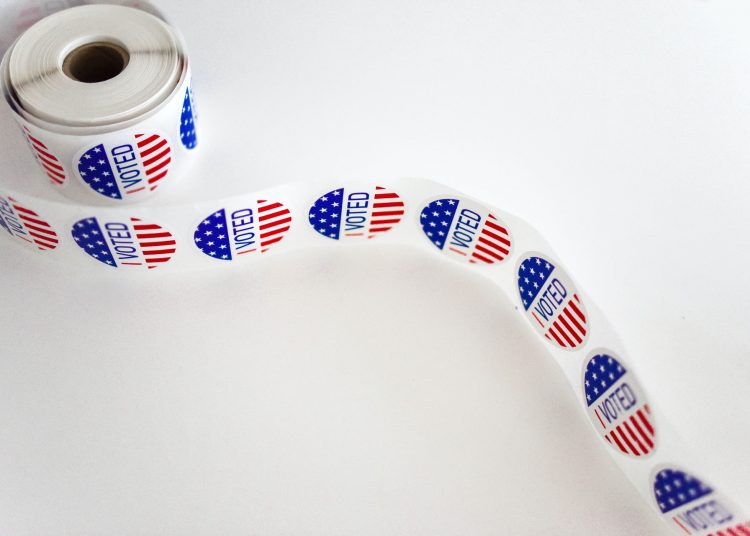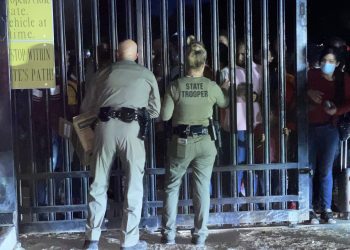DES MOINES, Iowa – Significant changes to Iowa’s election law, including reducing Election Day voting hours and shortening the early voting period, are headed to Gov. Kim Reynolds’ desk after the Iowa Legislature passed SF 413 this week. The Iowa Senate passed the bill after three hours of debate on Tuesday afternoon by a 30 to 18 vote. The Iowa House passed it on Wednesday evening after five hours of debate by a 57 to 37 vote.
She is expected to sign the bill.
What do these changes mean for voters?
- Election day voting in primary and general elections is reduced by one hour. Polls will close at 8:00 p.m. instead of 9:00 p.m.
- Voters can not request absentee ballots until 70 days before the election instead of 120 days.
- The early voting period is reduced from 29 days to 20 days.
- Absentee ballots have to arrive at the county auditor by the close of business on the day of the election. Current law states that absentee ballots have to arrive by noon on the Monday after the election, provided they are postmarked by the day before the election.
- If someone needs to return your absentee ballot, it must be an immediate family member, household resident, or caretaker. Another designee can be chosen if the voter is hospitalized or in a long-term care facility. Essentially, this prohibits ballot collection by third-party organizations that do not have an established relationship with the voter to prevent ballot harvesting.
What do these changes mean for county auditors?
- County auditors can not send out absentee ballot applications unless they are requested. Those applications can not be pre-filled.
- They can not set up satellite voting locations unless they are petitioned.
- They can only have one absentee ballot drop box inside or within proximity to the county auditor’s office that is accessible, secure, and monitored by video surveillance.
- The bill creates new criminal charges for county auditors that disobey Iowa’s election rules.
- County auditors also face receiving a $10,000 fine assessed by the Iowa Secretary of State’s office for technical violations. They can face a suspension for up to two years if they do not pay or appeal the fine within 60 days.
- County auditors are required to send a notice to and mark inactive voters who did not vote in the most recent general election and who did not report a change of address or register again. Current law requires this to be done after a voter missed voting in two general elections.
What do these changes mean for candidates?
- The number of signatures required to be nominated by petition has changed. Previous signature requirements varied based on the result of the last gubernatorial or presidential election.
- Nominations for president, vice president, governor, and U.S. Senator require 3,500 signatures from eligible voters with at least 100 signatures each from 19 counties.
- Nominations for U.S. Representative require 1,726 signatures from eligible voters, with at least 47 signatures each from one-half of the counties in the congressional district.
- Nominations for other statewide offices require 2,500 signatures from eligible voters, with at least 77 eligible voters from not less than 18 counties in the state.
- Increases the number of attendees for nominating conventions or caucuses for non-party political organizations.
- Statewide office conventions increases from 250 to 500
- Congressional district conventions increase from 50 to 250
- County/city conventions increase from ten to 20.
- Iowa House District conventions increase from ten to 25
- Iowa Senate District conventions increase from 20 to 50
- The bill adds a “sore loser” provision to Iowa law. Candidates who run in a primary and lose can not run as independent or third-party candidates in the general election.
















